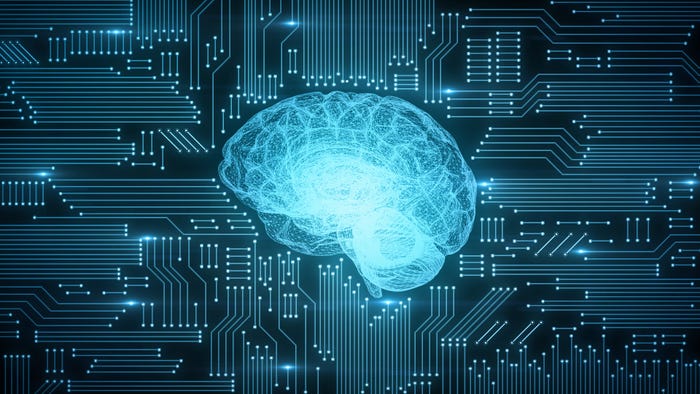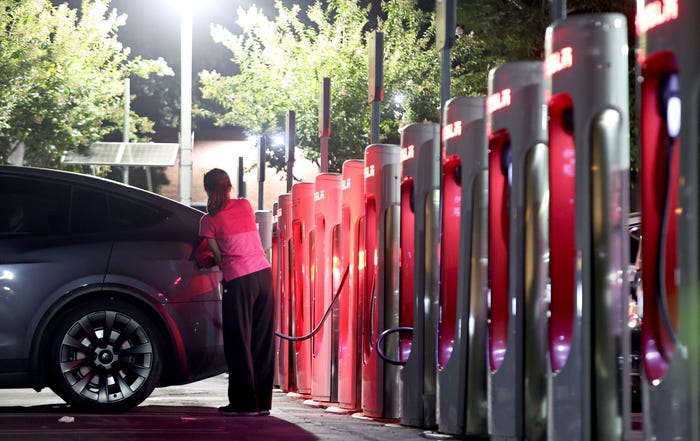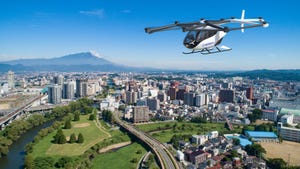AI, Machine Learning Help Cut Mobile Network Energy UseAI, Machine Learning Help Cut Mobile Network Energy Use
Jordanian mobile operator Umniah partners with Ericsson to implement AI-powered energy-saving technologies
.png?width=1280&auto=webp&quality=95&format=jpg&disable=upscale)
Jordanian mobile network operator Umniah has teamed with Ericsson to leverage Ericsson’s AI and machine learning solutions to reduce energy consumption across its network.
Ericsson's Intelligent Radio Access Network (RAN) Power Saving solution will automatically switch off Umniah’s network components to reduce energy consumption.
The solution intuitively monitors network performance in real time, analyzing traffic loads to understand where potential power savings could take place without impacting network operations.
The machine learning-powered system can intuitively determine which systems need to be maintained, put on standby or switched off entirely to improve energy management while maintaining operational efficiency.
Umniah and Ericsson conducted a proof-of-concept, which resulted in a 20% power saving across 5G daily operations.
“Ericsson’s partnership with Umniah highlights our capability to innovate and also aligns with our vision to support our partners in achieving significant energy efficiencies and carbon footprint reduction,” said Marwan Omari, general manager of Ericsson Jordan. “The partnership is a testament to our exceptional customer support – service continuity services through advanced AI and machine learning solutions that ensure operational excellence without compromising service quality or our continued dedication to driving the industry towards a more sustainable future.”
Umniah’s partnership with Ericsson comes as telco firms become increasingly conscious of their energy footprints.
The telecom sector accounts for around 3 to 4% of global CO2 emissions, according to figures from Boston Consulting Group, which is more than the aviation sector, as power-intensive data centers and RAN equipment accounting consume vast amounts of energy.
RAN connects individual devices to other areas of the network. A 2022 report from Ericsson found that active and passive RAN equipment accounts for more than 75% of the service provider’s network energy consumption.
Umniah’s 2022 sustainability report said that in 2021, 32.5 % of the company’s total power consumption was from renewable energy resources, largely through solar farms and photovoltaic panels placed near base stations.
Umniah has since launched a sustainability program to address environmental governance practices.
“The collaboration with Ericsson signifies a crucial step forward in our commitment to sustainability and technological innovation,” said Alaa Ibrahim, Umniah Jordan’s chief technical officer. “The positive outcomes of the initial proof-of-concept were clear and we are eager to see the benefits of this AI-enhanced power-saving technology on a larger scale. The implementation of Ericsson's Service Continuity Power Saving solution is not just about cost savings, it is about taking meaningful action towards reducing our environmental footprint and building a greener future.”
About the Author
You May Also Like
.jpg?width=100&auto=webp&quality=80&disable=upscale)
.jpg?width=400&auto=webp&quality=80&disable=upscale)






